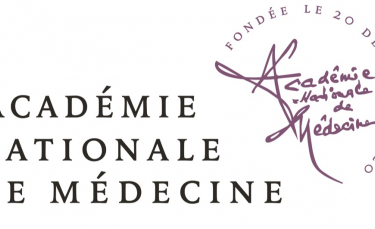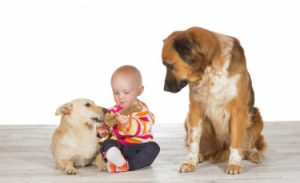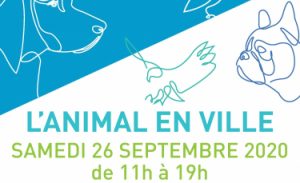 National Academy of Medicine
National Academy of Medicine
In a press release published this week, the ANM spoke about the possible health risks of being around pets in this context of the coronavirus pandemic. She also gave her recommendations and recalled that our dogs and cats are much more friends than hypothetical dangers, especially in this period.
The National Academy of Medicine (ANM), which brings together doctors and veterinarians , published a press release on pets and Covid-19 on Tuesday, March 24. She addressed the various questions relating to the “ risk of being around a domestic animal ” and the possibility that the pet is contaminated .
While recalling that the risk of animal-human contamination by Sars-Cov-2 (the new coronavirus , responsible for the Covid-19 disease) is considered unlikely by the Organization for Animal Health and ANSES , the ANM made recommendations :
- The reinforcement of the usual sanitary and hygiene measures vis-à-vis pathogens likely to be transmitted by dogs , cats , ferrets , rodents and other companions, through their saliva , their aerosols and their droppings in particular . The learned medical society advises owners to wash their hands frequently when handling their animals and their accessories (walks, petting, feeding, cleaning, etc.). She also calls on them not to let their faces be licked .
- The separation of the person ill with Covid-19 from their pet while they are excreting the virus (by coughing, sneezing, etc.), as well as reducing the animal’s close contact with other members of the family in a household sheltering an infected individual.
So many clues that lead the ANM to conclude that the risk represented by infected people is clearly higher than that constituted by pets. They remain, more than ever, precious friends .
Read also: The adorable and surprising encounter between a Golden Retriever and a marmot
In order to support these remarks, Veterinarian Anne-Claire Gagnon responded for Santévet to this often anxious topic of animals carrying the virus and potential transmitters. In this video, the healthcare professional explains how to continue to take care of your pet during this delicate period while preserving his health and yours:
</p











